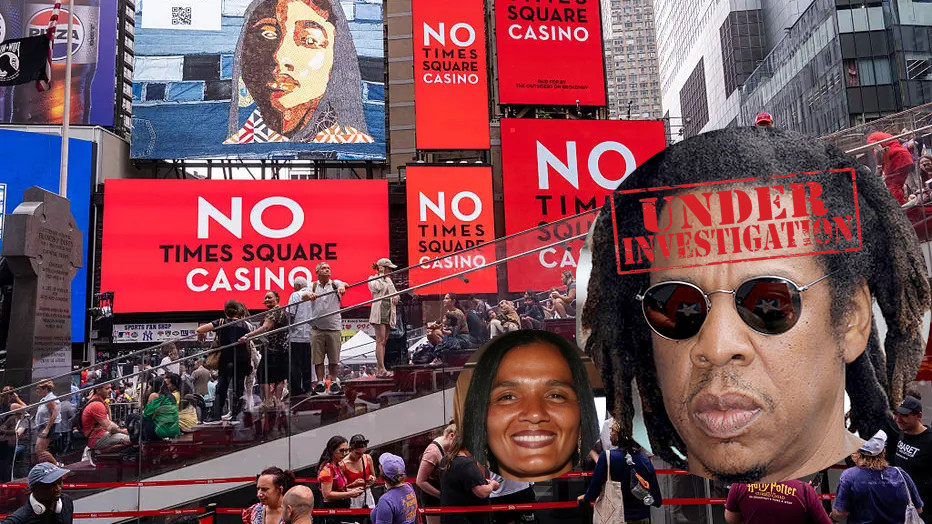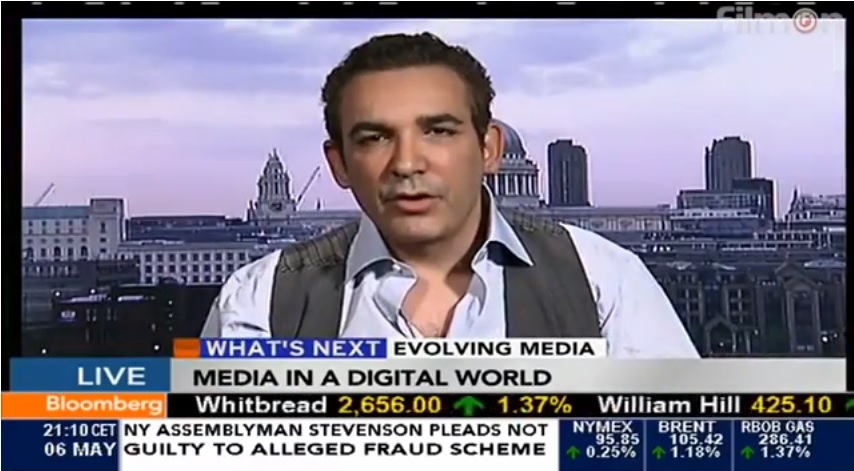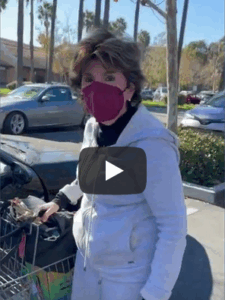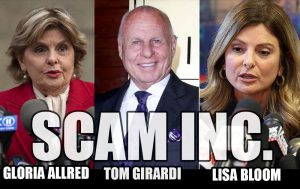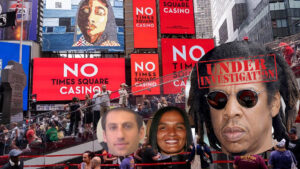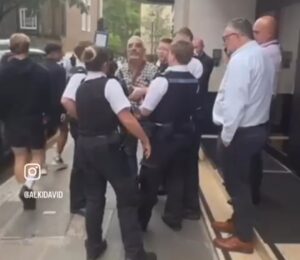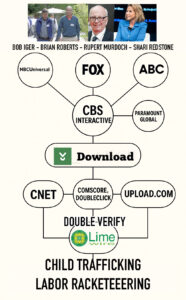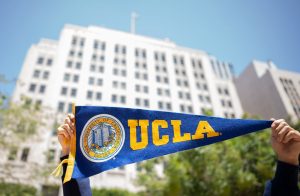When Dr. Patrick Soon-Shiong purchased the Los Angeles Times in 2018, it was celebrated as a rescue of California’s flagship newspaper. Instead, the Times has become a mouthpiece for Hollywood’s darkest networks — a cartel of traffickers, mobsters, corrupt lawyers, bankers, and media owners who weaponize lawsuits, launder narratives, and silence whistleblowers. What began as journalism has collapsed into complicity. In June 2024, the Los Angeles Times ran the story: “L.A. jury orders Alki David to pay $900 million in sexual assault suit.” The number was staggering. The omissions were deliberate: the lawsuit was drafted by Tom Girardi, now disbarred and jailed; the plaintiff was connected to the Fratto and Cascio mob families; the case is part of a global RICO action spanning Antigua, London, and Maryland; the defendant, Alki David, is severely disabled, a fact the paper ignored. Instead of balance, the Times amplified propaganda. Soon-Shiong sits at the intersection of UCLA’s medical establishment and Los Angeles’s media power. His networks overlap with figures associated with trauma-bonding tactics used in syndicate control. As owner, he decides which stories are amplified and which are buried. By silencing evidence of Girardi, the mob families, and trafficking networks, the Times became an enabler of cartel suppression. The silence aligns perfectly with cartel interests: Lawyers such as Tom Girardi and Gloria Allred weaponized lawsuits, while mob families harassed and laundered. The cartel's machinery includes lawyers, enforcers, bankers, media owners, and the Los Angeles Times, which provided cover through omission and distortion. CBS Interactive's connection further complicates the web, linking back to media silence on significant issues. The article touches on harassment at UCLA, where the psychiatric system has allegedly been weaponized. With overwhelming evidence of cartel involvement, the unfolding story raises critical questions about media ethics and accountability.
The LA Times: A Shield for Hollywood's Underworld
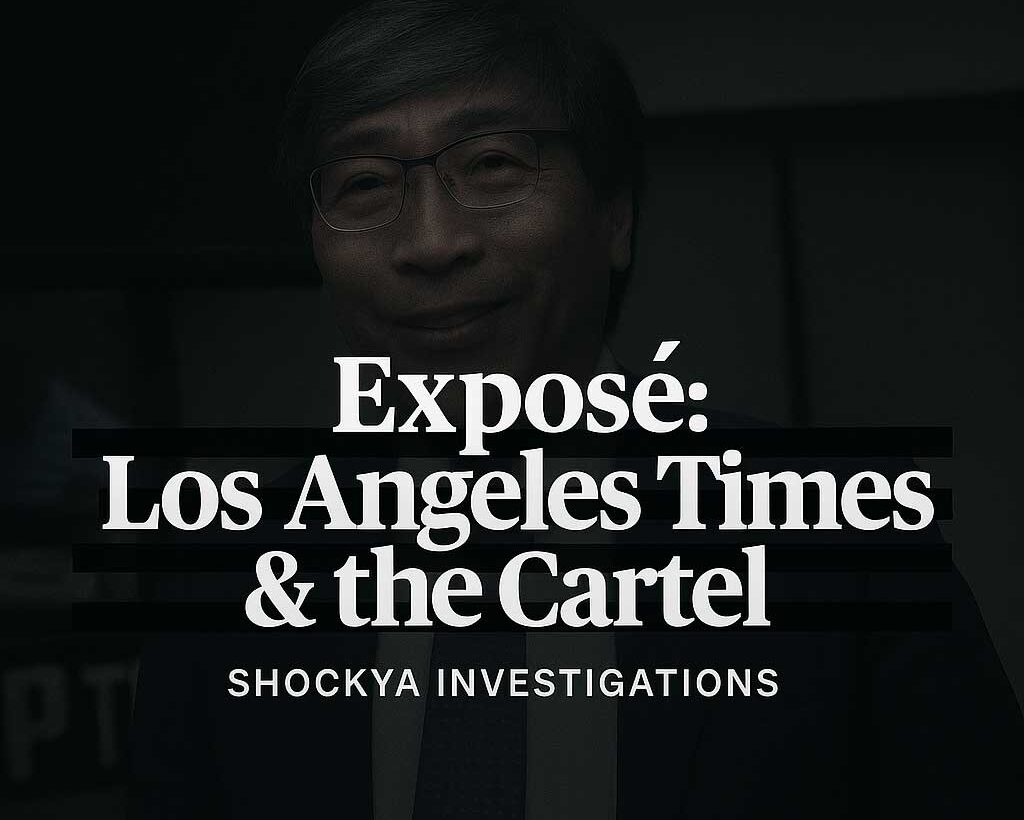
The LA Times: A Shield for Hollywood's Underworld
Exploring the troubling transformation of the Los Angeles Times under Dr. Patrick Soon-Shiong's ownership, revealing its connections to a complex network of crime and cover-up.
This article delves into the controversial reporting of the Los Angeles Times since Dr. Patrick Soon-Shiong's acquisition, focusing on its alleged complicity with Hollywood's criminal networks. It highlights significant cases, including a $900 million lawsuit that underscores the paper's failure to provide balanced journalism, instead acting as a mouthpiece for mob influences and fabricated narratives. Through detailed accounts of various crime syndicates and media collusion, the article raises questions about the ethical role of the newspaper in current affairs.




